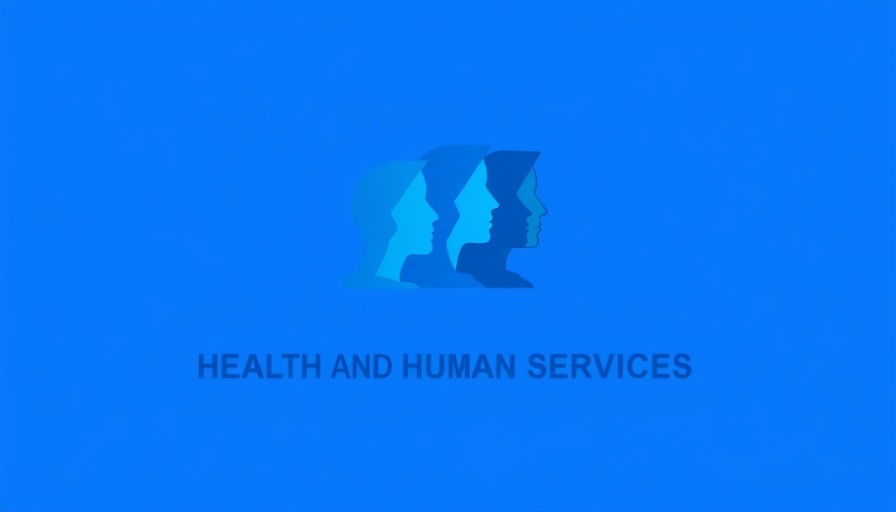
The Impact of HHS's Policy Shift on Social Programs
The recent announcement by the U.S. Department of Health and Human Services (HHS) regarding changes to the eligibility of federal public benefits for illegal aliens signifies a notable step towards what the department describes as protecting taxpayer resources. With this reversal of a 1998 interpretation of the Personal Responsibility and Work Opportunity Reconciliation Act (PRWORA), HHS aims to restore the original intent of the law, ensuring that programs previously accessible to illegal aliens are now reserved for American citizens.
Reinstating the Law’s Original Intent
HHS Secretary Robert F. Kennedy, Jr. emphasized that, “For too long, the government has diverted hardworking Americans’ tax dollars to incentivize illegal immigration.” By clarifying the definitions of "Federal public benefits" under PRWORA, HHS intends to reinforce transparency and legal integrity in the distribution of these resources. The broadening of what constitutes federal benefits aims to restrict access and prioritize services catering primarily to American families.
What Programs Are Affected?
This new interpretation significantly expands the list of programs classified as “Federal public benefits.” Notable inclusions are community health services, mental health programs, Head Start, and various educational vouchers. As a result, Head Start alone could potentially offer an additional $374 million in services to American citizens annually. This pivot not only aims to streamline benefits but also to enhance the support available for children in American households.
Implications for Concierge Health Practitioners
For concierge health practitioners navigating this shifting landscape, understanding these changes is crucial. The reallocation of resources could mean an increased demand for services as these programs bring more support to eligible citizens. Medical practices may need to adjust their marketing and outreach strategies to ensure that they are effectively communicating with and supporting the communities they serve, reinforcing their standing and relevance.
Emphasizing Community Health
As HHS plans to announce further specifics about additional programs considered federal benefits, concierge health practitioners must stay current. Having access to these taxpayer-funded programs could serve as a way to enhance services provided to American citizens, particularly those from economically vulnerable backgrounds. Engaging with community-based organizations to understand how this new policy can improve local health outcomes could also open up new partnerships for practitioners seeking to solidify their reputation in the community.
Future Considerations
The HHS's decisive actions signal a future where adherence to the original intent of laws such as PRWORA could shape the delivery of healthcare and social services in the U.S. Thus, medical practitioners must adapt to these changes, employing technology solutions that allow them to track eligibility and program access effectively.
As this policy unfolds, the positive community impact for American families could lead to a healthier populace and reduced financial strain on social programs. Engaging with technological advancements to help navigate compliance and enhance patient experience will be essential for practitioners who want to keep up with these evolving regulations.
For those concerned about the implications of this policy shift, connectivity with local agencies and staying informed through workshops can foster a more informed practice environment.
Ultimately, the reversal of these earlier interpretations of federal benefits could lead to a more robust safety net for American families, thereby bolstering the health of the community as a whole.
Embracing the Changes
As a call to action, it’s vital for concierge health practitioners to adapt their practices to align with these regulatory changes. Whether through increased community outreach or embracing healthcare technology solutions, ensuring your practice is prepared will position you for success in this evolving landscape. Engage with local organizations, attend workshops, and leverage technology to maintain compliance and enhance community trust in your services.
 Add Row
Add Row  Add
Add 






Write A Comment